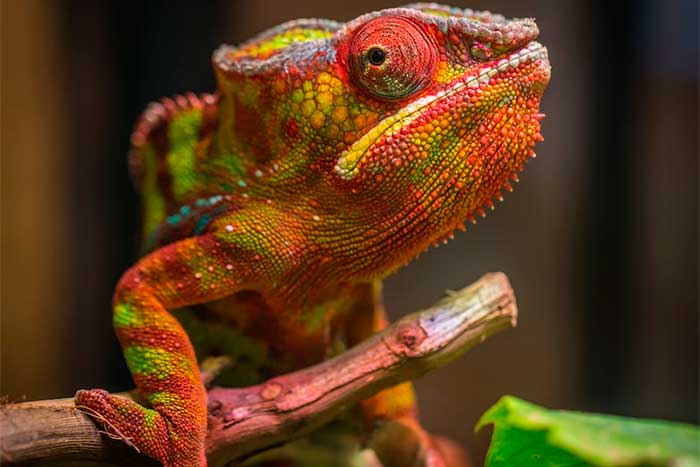
Are you the type of person who loves to have something that has scales and walks on four legs to care for? Do you want a pet that doesn’t bark or meow? Then reptiles are the pet for you.
Reptile care may seem daunting at first, but with the right information, it can be as easy as cat or dog care. All you need to do is follow a few steps, and you can be the proud parent of a reptile pet.
This article will help you take the reptile plunge!
Research and Choose the Right Reptile
Before bringing a reptile into your home, it’s crucial to research different species. Choose the one that suits your lifestyle and preferences.
Consider factors such as size, habitat requirements, diet, and lifespan. Popular reptile choices include bearded dragons, leopard geckos, ball pythons, and corn snakes.
Provide the Proper Enclosure
Reptiles need an appropriate enclosure that mimics their natural habitat. The size of the enclosure should allow the reptile to move, climb, and explore.
It should also provide temperature and humidity gradients to meet the reptile’s needs. Research the specific requirements of your chosen reptile to create a suitable environment.
Maintain Optimal Temperature and Humidity
Reptiles are ectothermic. This means they rely on external heat sources to regulate their body temperature.
Install a heat source, such as an under-tank heating pad or a heat lamp, to create a warm area in the enclosure. Use a thermometer to track the temperature. Also, ensure it falls within the recommended range for your reptile.
Additionally, certain reptiles need specific humidity levels. So, it’s important to provide a water source and check humidity using a hygrometer.
Establish a Proper Diet
What do reptiles eat? Some reptiles are herbivores, while others are carnivores or omnivores.
Have a look at the preferred diet of your reptile and provide a balanced and varied diet. It should include live insects, fresh vegetables, fruits, or appropriate commercial reptile food. It’s crucial to provide the right nutrition to maintain your reptile’s health.
Regular Handling and Socialization
Introduce your reptile to handling when it’s young. Ensure you’re not causing any stress or harm.
Gradually increase the handling sessions. This will help your reptile become accustomed to human interaction.
But, be aware that some reptiles may prefer limited handling or may not enjoy it at all. So, it’s essential to understand your individual reptile’s preferences.
Veterinary Care and Health Monitoring
Reptiles need regular health check-ups by a veterinarian specializing in exotic animals. Find one who can do routine examinations, fecal tests, and any necessary vaccinations.
Additionally, track their behavior, appetite, and appearance daily. This way, you can detect any signs of illness or injury early on.
Maintain a Clean and Safe Environment
A clean and safe environment is crucial for your reptile’s well-being. Clean the enclosure, removing any waste, uneaten food, or shed skin.
Use reptile-safe disinfectants to clean the enclosure. Ensure all objects in the habitat are free of sharp edges or potential hazards. Inspect the enclosure for any signs of damage or wear that could harm your reptile.
Try Our Pet Parents Guide to Reptile Care and Get Started Today
Reptiles make great pets when cared for properly. Learning the basics of reptile care is essential for a rewarding experience. This guide provides essential information, such as diet, habitat, and health needs.
Ready to get started? Take the time to read up on your reptile pet to ensure it enjoys a long, healthy life.
For more helpful blog posts like this one, visit the rest of our site!


